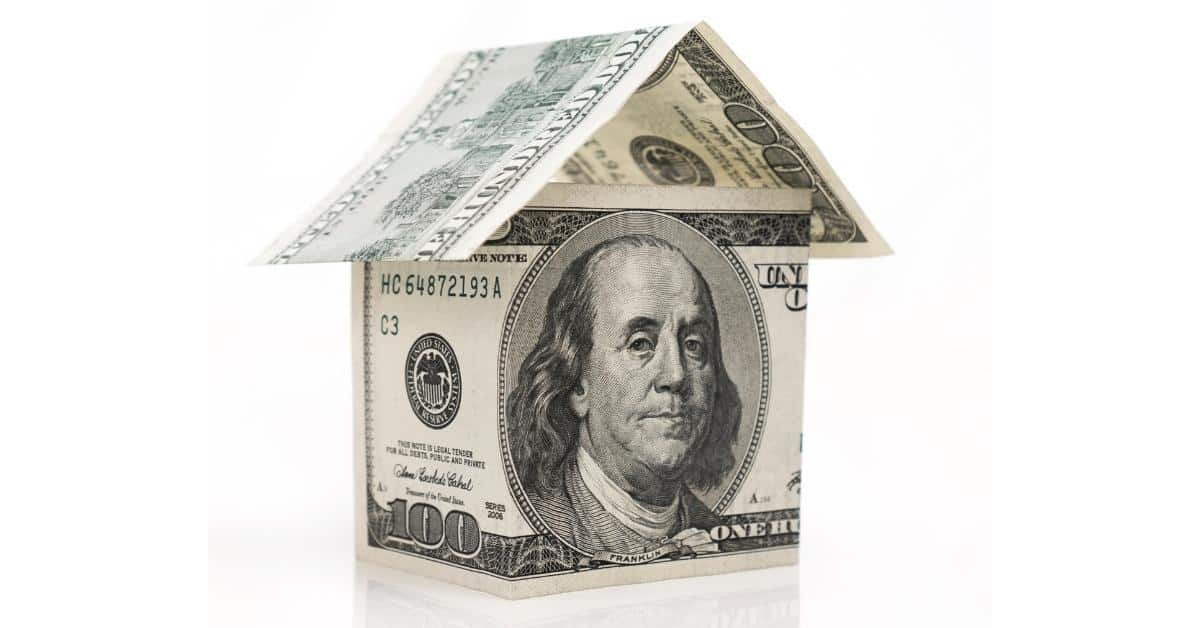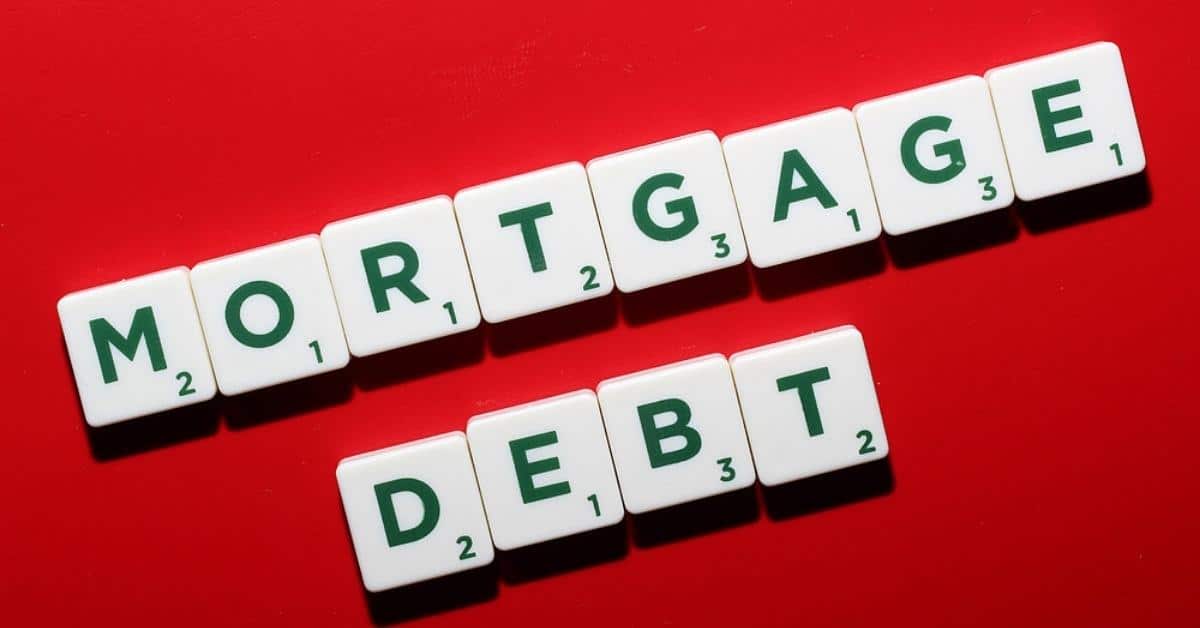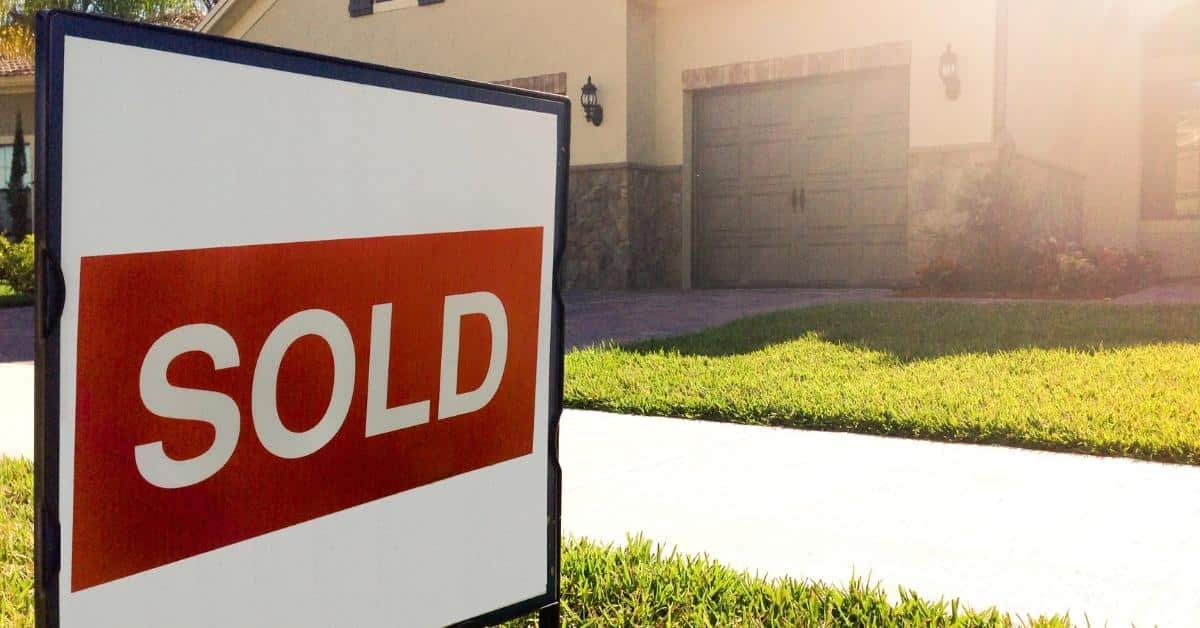Homebuyers who see mortgage rates plummet shortly after closing often want to know how soon they can refinance a mortgage. It is an excellent question because refinancing at a lower rate or for a shorter term can save homeowners hundreds of dollars each month or thousands of dollars over the life of their loan.
Check out this guide if you find yourself in a similar situation. It contains timelines, requirements, and cases when you should refinance a mortgage. You will also learn how to get the best deal, when not to, and alternatives to refinancing your home loan.
A refinance is a new loan a borrower takes out to pay off their existing mortgage loan. When you refinance, the refinanced loan is entirely separate from the original mortgage. That means you have to go through the entire loan process. However, the approval process may be more straightforward, especially if you use the same lender.
Conventional loans rarely have time requirements when it comes to refinancing. However, if you want to use your current lender, they will likely require you to make six months of on-time payments before you are eligible to refinance the transition.
So, if you have conventional financing and want to refinance immediately, you will need to look for a new lender.
If you want to refinance your property to access your positive equity, a lender will require at least six months of on-time payments before allowing you to do a cash-out refinance. Likewise, if you have a HELOC loan, a lender will require six months of positive payment history before refinancing the mortgage.
Another aspect to note is that once you take out a HELOC, each refinance will also be a home equity loan even if you do not receive any funds back at closing. That is important because equity loans often require higher upfront costs and may have higher interest rates.
FHA offers a few loan options for refinancing. Each has different periods for which the borrower must show positive payment history before becoming eligible to refinance.
FHA streamline refinance loans are more favorable for most borrowers because they do not require an appraisal report and are available to homeowners after just 210 days of positive payment history.
A rate and term refinance means that the borrower's new loan will have a different rate and duration than the original loan. An appraisal is a requirement for rate, and term refinances, as is a positive history of at least the last six months with no more than one late payment in the 12 months before the borrower refinances.
Borrowers can refinance a VA loan with six months of positive payments with either a VA Interest Rate Reduction Loan or a VA Cash-Out refinance.
USDA loans require a slightly longer history of payments before a borrower is eligible for either a streamlined or non-streamline loan. So, if you have a USDA loan, you must wait at least 12 months. To qualify for a streamlined refinance loan that waives the appraisal requirement, the borrower must have made all payments during the 12-month timeframe on time.
Jumbo loans typically do not require a waiting period before they are eligible to be refinanced. However, getting approved for a jumbo loan is often more challenging. If you have late or missed payments, the lender may require a period of on-time payments before extending credit.
There are many reasons that people refinance a mortgage. Each situation is unique, and the value of refinancing comes down to your specific scenario.

When the interest rates drop significantly, many borrowers choose to refinance. A reduced interest rate of 2 percentage points will potentially reduce your monthly payment by hundreds of dollars and the total interest you pay over the life of the loan by thousands.
One of the best reasons to refinance is to reduce the term of your loan. If interest rates drop drastically, you may be able to pay a payment that is less, equal, or slightly higher to reduce your loan term from a 30-year to a 15-year period.
Even if you have already been making payments on your mortgage for some years, reducing the term by half will save you interest for each year you are shaving off the term.
Borrowers with personal cash flow problems sometimes choose to extend their loan by refinancing for a longer period to reduce their monthly mortgage payments. While this is not the best long-term financial move, it can make the difference in some borrowers comfortably making on-time payments or struggling each month to come up with their total note payment.

When a couple with a mortgage on their homestead property divorces, the judge may award one party their marital home. If the property is lien-free, the couple needs to have a real estate attorney draft a Special Warranty Deed to transfer interest in the property from both parties to the individual awarded the property.
When the couple has a mortgage loan, the divested needs to be removed from the loan to limit their financial responsibility for the remainder of the loan term and change the vested interest in the home. A refinance is one of the easiest ways to accomplish that goal.
If you used a temporary loan option like a hard money loan with a high-interest rate or balloon note at the end of a short term, the borrower needs to refinance to get out from under those unfavorable terms.
Refinancing is also necessary when you take out a construction loan to build a house. Construction loans are not meant to be long-term financing options. They are in place while the property is being developed, but a more traditional financing method is a must afterward.
Refinancing a construction loan is a bit different from other loan types. However, it would be best if you kept your finances and credit in good shape to qualify for the final loan.
Property values have skyrocketed in some areas, meaning borrowers may have positive equity soon after purchasing a home. When this happens, many borrowers use that positive equity to invest in other properties or renovate their houses.
To access the equity, the borrower would need to refinance with a Home Equity Line of Credit (HELOC) or Cash-Out refinance. While cashout refinances often have higher origination charges, borrowers can sometimes reduce their interest rates and get cash out of their homes. In those situations, a HELOC can be highly beneficial.
Experts usually advise borrowers to seek a refinance if the interest rates are 2 percent or less than the initial rate. However, there may be better ways to determine if a refinance will reduce your long-term mortgage debt.

Furthermore, if you recently purchased a home, it is sometimes better to refinance earlier. While you will still have to pay the same fees, you will benefit from a lower rate for more of your loan term.
Additionally, when you refinance a mortgage, you restart the loan term. So, if you recently took out a loan with a 30-year term, locking in a lower rate means you will save more money.
If you have already been paying your mortgage for a few years, refinancing with another 30-year loan will mean you have to pay interest for a more extended period. The longer you pay on a loan, the more interest you accrue.
The Total Interest Percentage Disclosure or TIP Disclosure shows the total interest you pay over the life of a loan. The figure is the percentage of the total loan amount paid in interest. The figure only includes interest payments and prepaid interest. The TIP does not account for non-interest loan fees.
For example: If you took out a $100,000 loan and you have a TIP of 56 percent, the total interest you will pay if you take the full term to repay the lender is $56,000.
You can locate the TIP on the third page of the Loan Estimate and the fifth page of the Closing Disclosure. When shopping for loans, the TIP is valuable because it allows you to quickly compare the interest over the loan term with other similar loans.
The TIP does not include any non-interest loan fees. So, you will need to add those fees to the total interest to determine the actual cost of your mortgage.
For example: If you borrow $100,000 with a TIP of 45 percent, you will multiply $100,000 by .45, which is $45,000. Then, you would need to add all the other charges paid to the lender. If the non-interest loan fees are $2,500, your total cost to borrow the $100,000 is $47,500.
Origination costs can vary greatly depending on the lender you borrow from and the loan product. However, these are the items you may have to pay when refinancing:
On average, borrowers pay between $2,000 and $4,000 in loan origination fees.
Refinancing your home can take just as long as purchase underwriting. On average, borrowers close on refinances within 30 to 45 days of loan origination. However, depending on mortgage and title underwriting requirements, that timeframe can be much longer.
You can refinance your home as many times as you want. However, it is crucial to remember that the loan term restarts each time you refinance a mortgage. If you refinance after owning a home for five years and the refinance term is 30 years, you will have paid interest for 35 years at the end of the loan term.
Even if you refinance for a lower rate, you are extending the amount of time you pay interest. So, just because you can refinance multiple times does not mean it is a wise financial decision.
Refinancing your home loan is not always beneficial. There are several drawbacks you need to factor in before you decide to refinance a mortgage.
Refinance loans are separate from the loan they are paying off. So, the loan terms are unique to the refinance. So, the repayment period starts when you refinance a mortgage unless you select financing with a shorter term.
Every refinance loan will cost you upfront closing fees, whether streamlined or a regular rate and term product. Depending on how many closing cost fees the lender can roll into the loan, you will likely need to bring a check to closing when you refinance a mortgage.
While refinancing might help you lock in a lower interest rate or reduce your monthly mortgage obligation, it is often costly. So, there are times when refinancing is not a good option.
If you need to pay high closing costs to refinance your loan, you may want to consider other options for reducing the total interest you pay over the life of the loan or different ways that you can shorten your repayment period.
It is not a good idea to refinance a mortgage if you plan to sell or pay off the loan soon. Otherwise, you may incur the closing costs without benefiting from a lower interest rate.

If your property value decreases, lenders may require you to pay the difference in the value and the loan amount to refinance. Lenders will only lend so much of the value of the property. If the loan-to-value (LTV) ratio is already high, you may have to make a significant payment in closing to reduce the loan amount before a lender is willing to finance the transaction.
Lender requirements when you refinance a mortgage are usually comparable to those of a purchase loan. Some of the criteria lenders consider when approving a refinance loan application include:
If you recently borrowed money for a mortgage and all of your mortgage and other debt payments have been timely, you will likely qualify for a refinance loan.
Borrowers have plenty of alternatives to refinancing a mortgage. Knowing how you can save interest over the life of your loan or remove a co-borrower without going through the refinance process is often more beneficial.
Making additional principal payments is an excellent way to shave years off your loan and save thousands in interest. Even one additional payment annually will save you significantly on a 30-year mortgage.
Instead of taking responsibility for making an additional yearly principal payment, you can break your monthly payment down into bi-weekly payments. Most lenders allow borrowers to set up automatic payments on this schedule.
If the lender gives this option, you will likely see it on the Automatic Payment Enrollment Form in your loan closing package. The document will provide payment options.
If you are paid bi-weekly, you can set your automatic payments so that half of the monthly payment is withdrawn from your account each time you get paid. By choosing this repayment method, you pay an extra monthly payment each year.
On a loan with a 15-year term, bi-weekly payments will reduce the total number of years it takes to repay the loan by 2.5 years. On a 30-year term, bi-weekly payments reduce the term by five years.
If you have trouble making monthly payments, your lender may offer you a loan modification. Modifying your loan generally gives you more favorable terms without restarting the term or incurring substantial closing costs.
When you need to remove one or more borrowers from a loan and want to do so without paying high closing costs, you may be able to do a loan assumption. However, not all loans are assumable. You have to obtain permission from the lender and qualify for the loan on your own.
However, a loan assumption might be a viable option for people who initially needed a co-signor or divorced borrowers. If the lender does allow a loan assumption, there are still some closing costs you will need to pay, but the term and rate will remain the same.
Some fees you may have to pay when you assume a mortgage loan include:
In addition to knowing when you should and shouldn't refinance a mortgage, consumers often have other questions regarding mortgage refinances. Read through these frequently asked questions and answers to ensure you understand the process and lender requirements to refinance a mortgage.
Lenders generally require all borrowers to meet minimum credit requirements, regardless of whether they are taking out a purchase or refinance loan. Generally, borrowers need to have average to above average credit to obtain any mortgage loan.
Lenders may approve a borrower with a lower credit score. However, the loan costs and interest rates are typically higher. So, if your credit has taken a substantial hit since you purchased your home, it is likely a good idea to work on improving your score before you apply for a refinance.
Your current mortgage provider may refinance your home with lower upfront fees, and the process may or may not take less time. However, when you refinance a mortgage, choosing the lender that offers you the best terms and interest rate is beneficial.
A mortgage is similar to a lending contract; in legal terms, you can negotiate any contract. Whether or not the other party, the lender in the case of a refinance, agrees to your terms is another story.
The better credit, debt-to-income ration, and loan-to-value ratio the more negotiating power you have. If you do have excellent credit scores, money in savings, and positive equity, the more likely the lender is to negotiate.
The total amount you can save when refinancing a mortgage depends on your unique situation. Borrowers save the most when they refinance for a lower rate at the beginning of their loan term or shorten their term significantly at a lower interest rate.
Generally, borrowers can refinance a mortgage within six to twelve months. Obtaining a more favorable rate or terms depends on the financial situation the homeowner is in when they submit the refinance loan application.
To ensure that you can refinance your property, it is beneficial to make on-time payments on all real estate and non-residential loans and keep your debt-to-income ratio as low as possible. That means you should limit new credit usage during the required waiting period.
Additionally, you should try to pay down credit card balances and auto loans if possible while you wait to be eligible for a refinance to ensure you receive the best possible interest rate and lowest closing costs.
If you meet all of the criteria necessary for loan approval and refinancing will benefit you in terms of the overall interest you will pay for your home loan or by reducing your monthly housing expense burden, and you have the funds necessary to close, it is a good idea to refinance a mortgage sooner rather than later.
We encourage you to share this article on Twitter and Facebook. Just click those two links - you'll see why.
It's important to share the news to spread the truth. Most people won't.